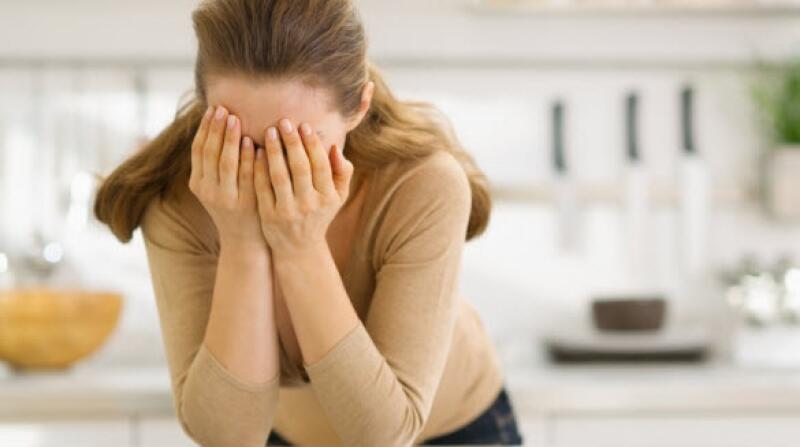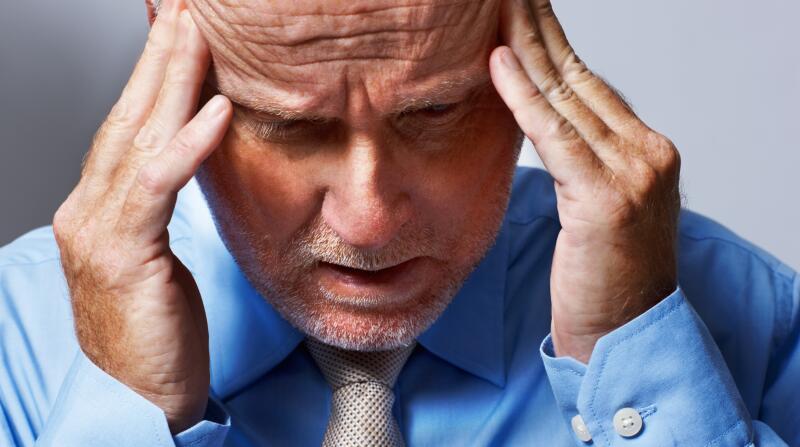There’s no one clear cause of depression. For most people, it’s a mix of many factors, such as social, environmental and genetic causes. This can make you feel powerless over depression. But there are certain things that can make depression worse. Talk with your doctor about managing these factors to help you gain control of your depression and feel better.
1. Lack of Sleep
Most of us feel best when we’ve had a good night’s sleep. And not getting enough can have negative effects. Some studies suggest that people with insomnia are 10 times more likely to have depression than those who don’t. If you have trouble sleeping, talk with your doctor. Getting exercise every day, keeping a regular sleep schedule, and limiting alcohol and caffeine can help.

2. Stress
Everyone has stress at one time or another. But ongoing stress from family, work or other responsibilities can take a toll on your mental health. If daily stress is adding to your depression, talk with your doctor. You can also try to reduce stress on your own by learning stress reduction techniques, getting regular exercise, and making time for things you enjoy.

3. Not Being Active
When you’re feeling depressed, getting exercise may be far from your mind. But adding regular activity to your day is one of the best things you can do for depression. When you exercise, your body releases endorphins—chemicals that can reduce pain and improve your mood. Just 30 minutes a few times a week can help. Tell your doctor if you need help getting started.

4. Alcohol
Many people have a drink or two to feel better. But if you have depression, it may not be the best idea. Experts agree that it can be harder to treat your depression if you drink alcohol. Drinking alcohol makes you less likely to stick with your treatment plan and more likely to have trouble at home or work. Alcohol can intensify any drowsiness caused by your antidepressants. Alcohol can also interfere with specific medicines for depression, especially MAO inhibitors. This may trigger a life-threatening medical emergency.

5. Focusing on the Negative
Having social support is important when you have depression. But the right type of support is crucial. One study in children and teens found that girls who spent a lot of time talking with friends about their negative feelings felt more depressed. The takeaway? Instead of focusing only on negative thoughts, try to talk about positive feelings, too. And make sure to spend time with friends who make you feel good.

6. Hormones
Women are more likely to have depression than men. One of the reasons may have to do with hormones, and how they change over time. This may be why some women feel depressed after giving birth—called postpartum depression. Women may also be more prone to depression during ovulation and as they move into menopause. If you notice a change in your mood at different times in your cycle, see your doctor. Your doctor may be able to tailor your depression treatment to meet your unique needs.

7. Not Getting Help
Depression can be treated, yet the biggest barrier to treatment is denial. So if you’re feeling depressed, ask for help. Not getting help for depression can make you feel worse—and make the depression last longer. The sooner you get help, the sooner you can start feeling better. Talking with your doctor is a good first step.
Credit: Source link